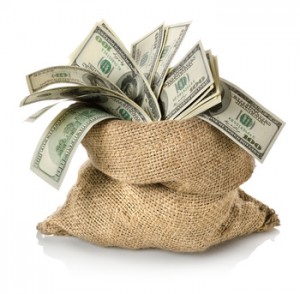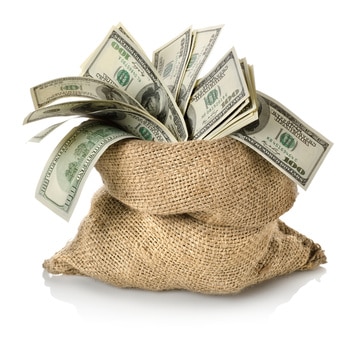
Bonuses awarded to FX traders in London, a long held perk of the position, are slated for a massive decline of -43% this year, in wake of lingering scandals and regulatory crackdowns that have engulfed the industry.
FX has faced an uneven year in 2014 thus far, as Q1 was consumed by a mountain of regulatory pressure, which unleashed a string of worldwide probes into the investigation of the $5.3 trillion-dollar-a-day FX industry.
Moreover, historically low Volatility has led to a massive reshuffling of executive personnel across both the institutional and retail FX sectors. These issues collectively point to lower bonuses, which were finally articulated on Thursday by a survey from Emolument, a study of pay data.
Industry Backlash or Return to Parity?
Currency traders are likely to see a 43 percent decline in payouts for 2014, compared with a 41 percent jump projected for colleagues on commodities desks, according to estimates by the salary benchmarking website. The average bonus paid to currency and commodities traders for last year was 134,000 pounds ($218,000) and 106,000 pounds, respectively, it said.
The $5.3 trillion-a-day currency market is under investigation amid allegations that dealers leaked confidential client information and colluded to rig benchmarks. Revenue from foreign-Exchange trading is also being squeezed amid weaker client activity, as regulators strive to rein in excessive compensation to prevent another financial crisis. The European Union has banned bonuses exceeding more than twice fixed pay.
“The foreign-exchange market has been tough and there are a lot of traders out there without jobs,” said Jason Kennedy, chief executive officer of recruitment firm, Kennedy Group in London. “There is no need to pay because they aren’t going anywhere and also after the noise with the scandal, banks prefer to keep their head below the parapet and therefore by not paying even ordinary bonuses they are avoiding any attention.”


















